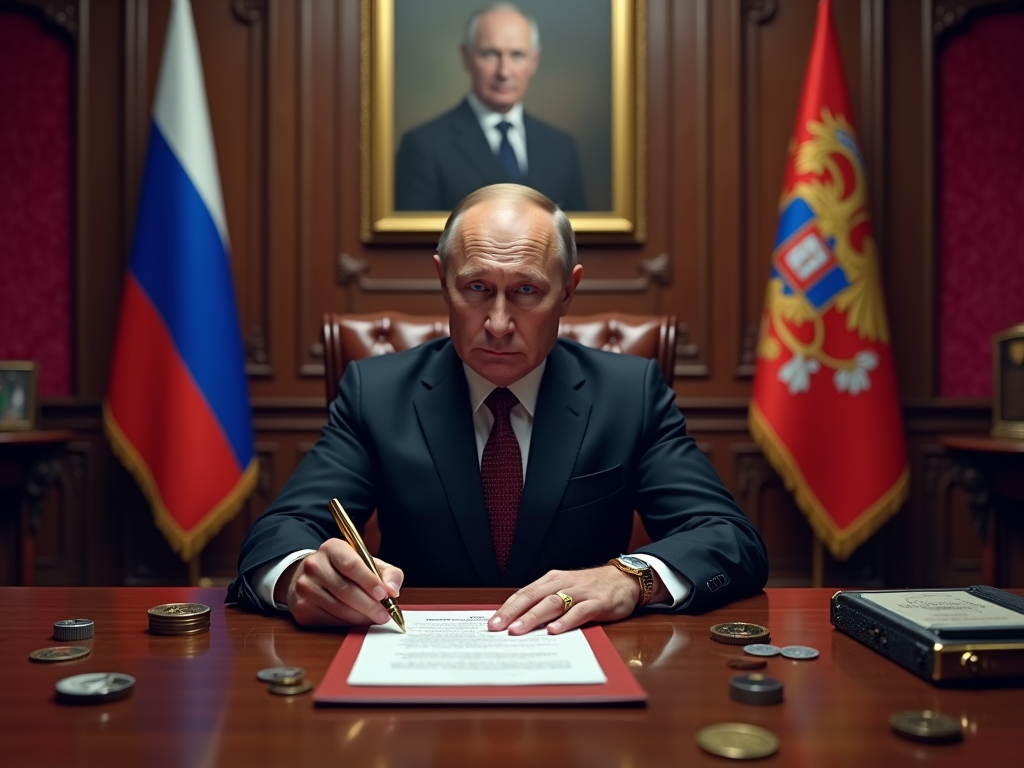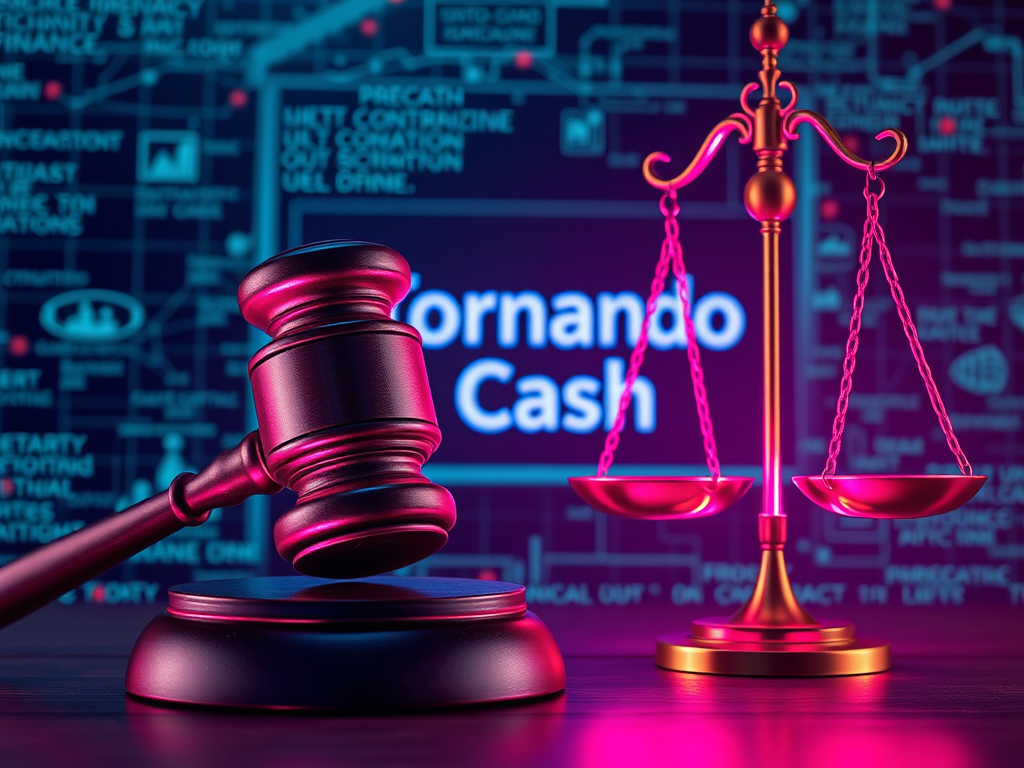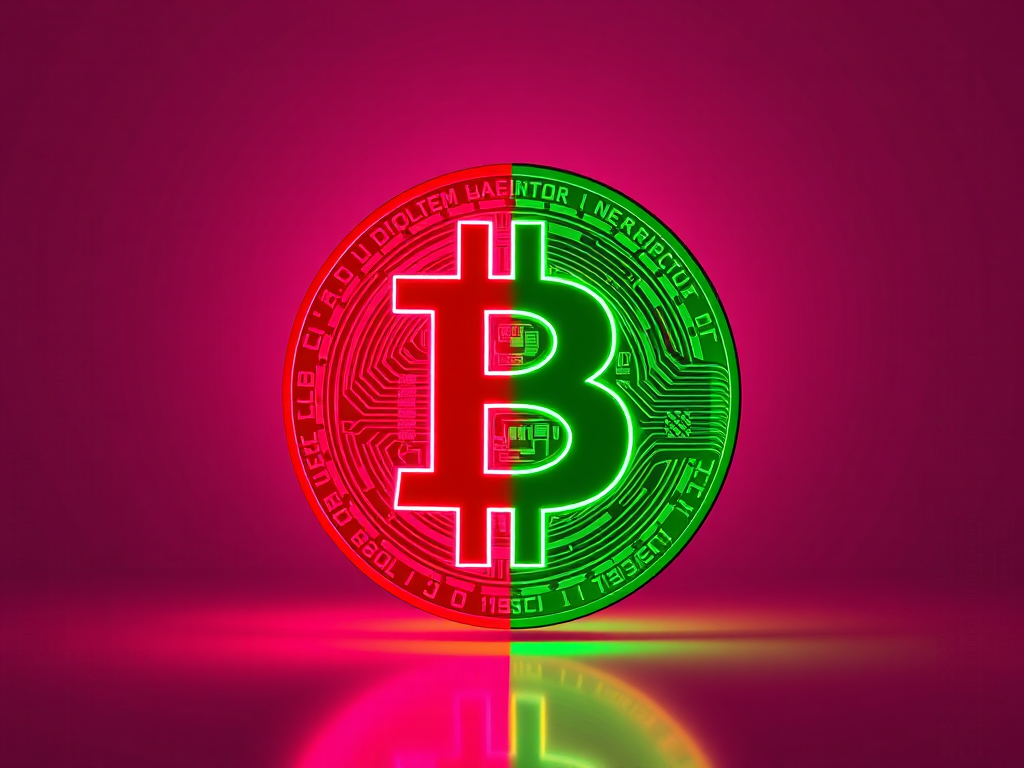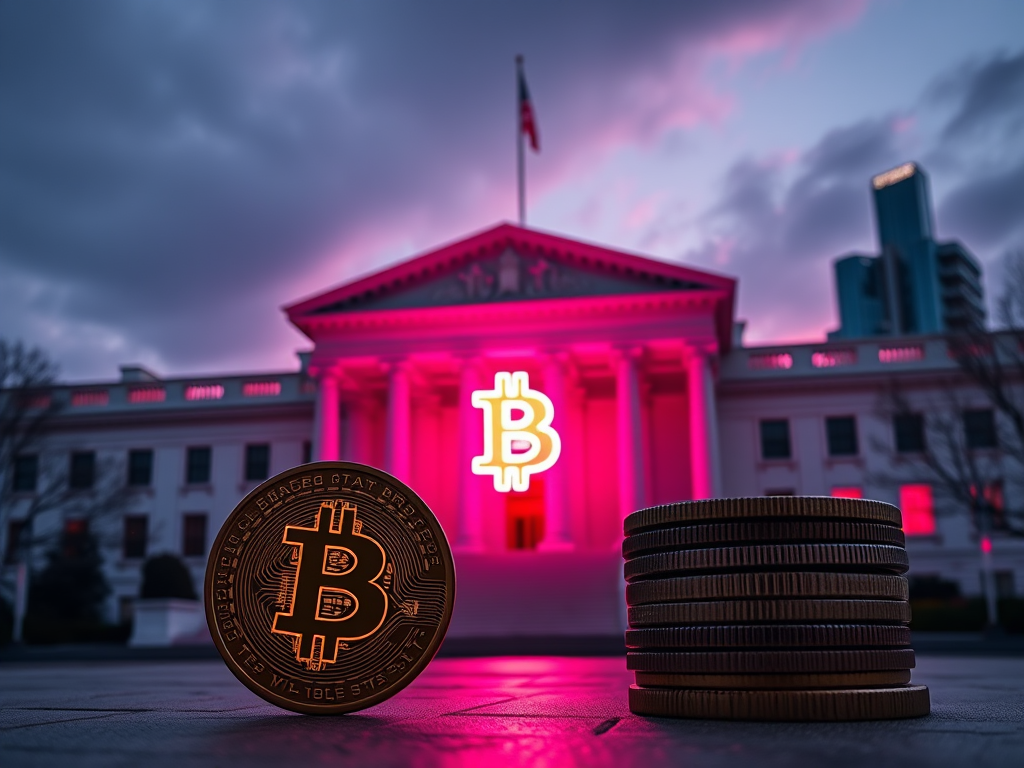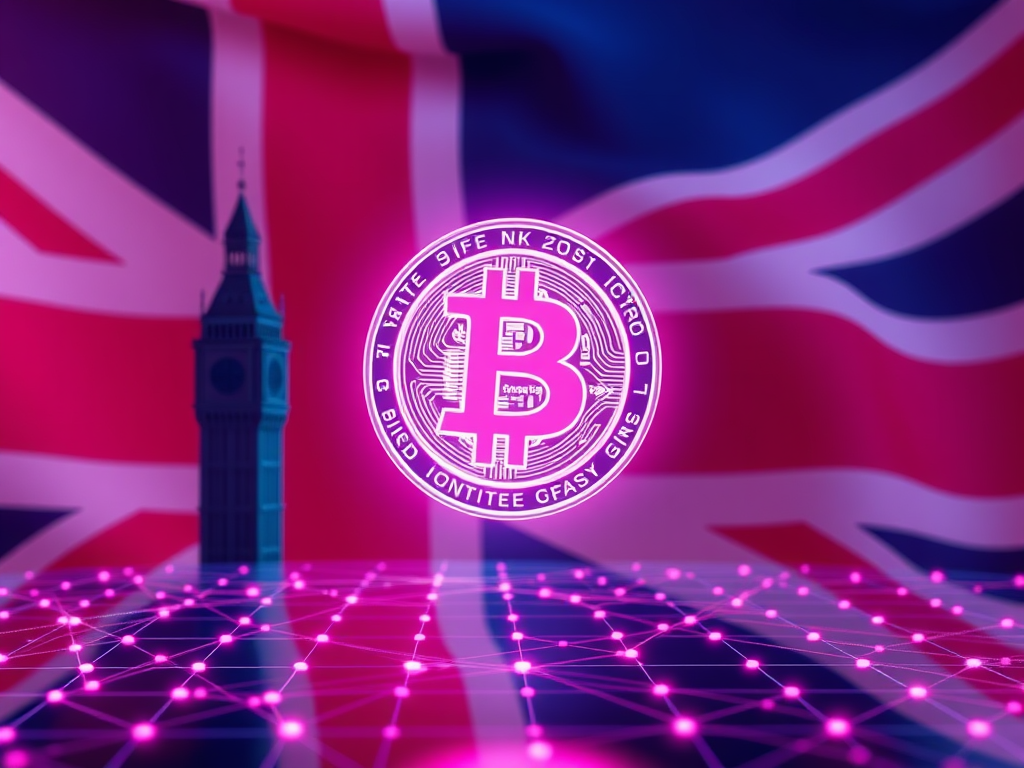Key Points
- President Vladimir Putin has formally signed legislation to regulate cryptocurrency mining in Russia, set to take effect on November 1, 2024.
- The law establishes a regulated framework for mining operations, restricts participation to registered Russian entities and entrepreneurs, and allows the circulation of mined cryptocurrency domestically under specific conditions.
Russian President Vladimir Putin has taken a significant step towards formalizing the cryptocurrency industry in Russia, by signing a law that regulates cryptocurrency mining. The legislation, signed on August 8, 2024, is scheduled to come into effect on November 1, 2024, marking a new era for digital currency operations within the country.
Regulatory Framework and Eligibility
The new law provides a structured approach to cryptocurrency mining, including clear definitions for key terms such as mining pools and infrastructure operators. It aims to standardize operations within the cryptocurrency mining industry, clarifying a previously operated sector in a legal gray area.
Under the new regulations, the Russian government, in coordination with the Bank of Russia, will establish requirements governing individuals and entities involved in cryptocurrency mining. Notably, the law stipulates that only Russian legal entities and individual entrepreneurs registered with the government can engage in cryptocurrency mining on a large scale. However, individual miners are allowed to operate without registration, provided their energy consumption stays within limits set by the government. This provision allows small-scale miners to continue their activities without formal registration, while more extensive operations will be subject to stricter controls.
The government also retains the authority to prohibit mining activities in certain Russian regions, allowing regional control over the industry’s growth. This flexibility enables the government to manage the industry based on local conditions and energy availability.
Restrictions and Protections
One key provision of the law prohibits legal entities, as well as individual entrepreneurs involved in electricity transmission or management, from participating in cryptocurrency mining. This restriction aims to prevent potential conflicts of interest and ensure the stability of the country’s power infrastructure.
The legislation also introduces significant restrictions on activities associated with digital currencies. It bans the public promotion and advertising of cryptocurrencies, reinforcing the prohibition of using digital currencies for financial transactions within Russia. Specifically, it prohibits offering digital assets to an unlimited number of people, a move likely aimed at preventing the widespread promotion of potentially risky investments.
The law also includes various measures to exclude the possibility of using cryptocurrency for money laundering purposes, in order to prevent the misuse of digital currencies. This provision addresses one of the primary concerns surrounding the use of digital currencies in financial transactions.
Trading and Economic Implications
Despite the restrictions, the law allows for the circulation of domestically mined cryptocurrency under certain conditions, providing a limited avenue for using these digital assets. Interestingly, it also permits trading foreign digital financial assets on Russian blockchain platforms, with the Bank of Russia empowered to implement further regulations if necessary. This provision could open up new opportunities for international cryptocurrency trading within Russia’s regulatory framework. However, the Bank of Russia retains the power to ban certain assets if they threaten the country’s financial stability.
The law categorizes mining as part of currency circulation rather than creating new digital assets, aligning with President Putin’s previous calls to create a legal framework for digital currencies. This approach acknowledges the potential of cryptocurrencies to contribute to Russia’s economic growth while maintaining regulatory control.
President Putin has emphasized the importance of regulating cryptocurrencies and digital assets as a promising area for economic development. At a recent government meeting, he highlighted the need for Russia to “seize the moment”, and establish a robust legal framework to support the growth of digital assets within the country and in international trade.
The signing of this law represents a significant shift in Russia’s approach to cryptocurrencies. By providing a clear legal framework for mining operations, the government aims to bring the industry out of the shadows and into a regulated environment. This move could position Russia as a significant player in the global cryptocurrency mining industry while allowing the government to maintain control over the sector’s growth and impact on the country’s economy and energy infrastructure.
As the cryptocurrency industry continues to evolve globally, Russia’s new regulatory approach will likely be closely watched by other nations considering similar legislation. The implementation and effects of this law in the coming years will provide valuable insights into the challenges and opportunities of integrating cryptocurrency mining into a national economic framework.
